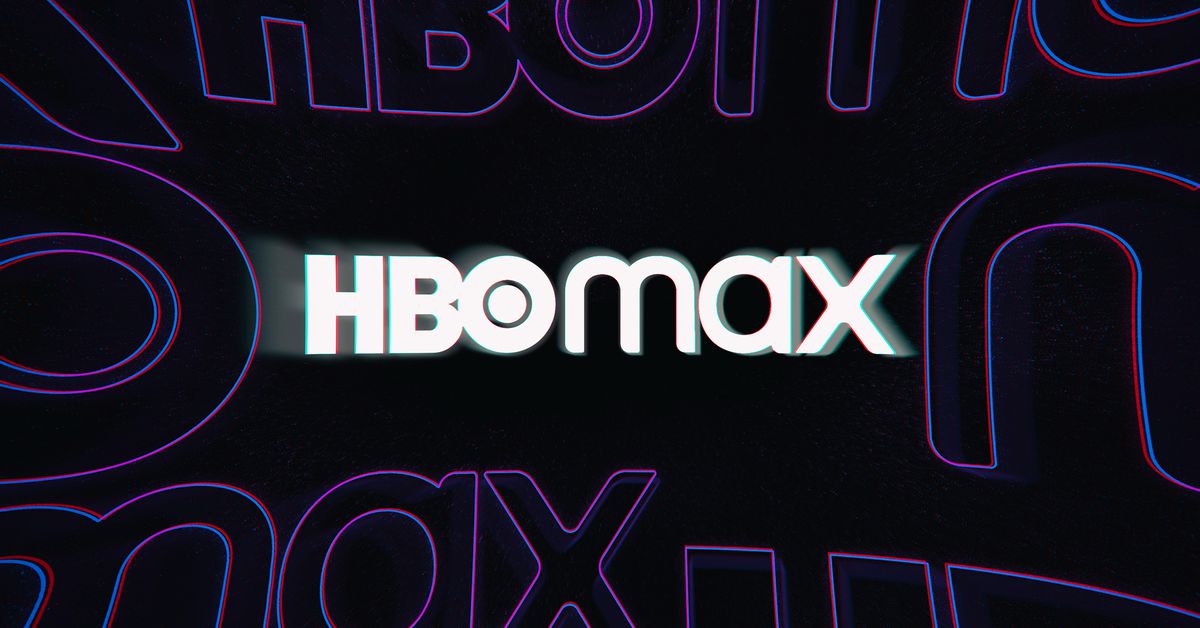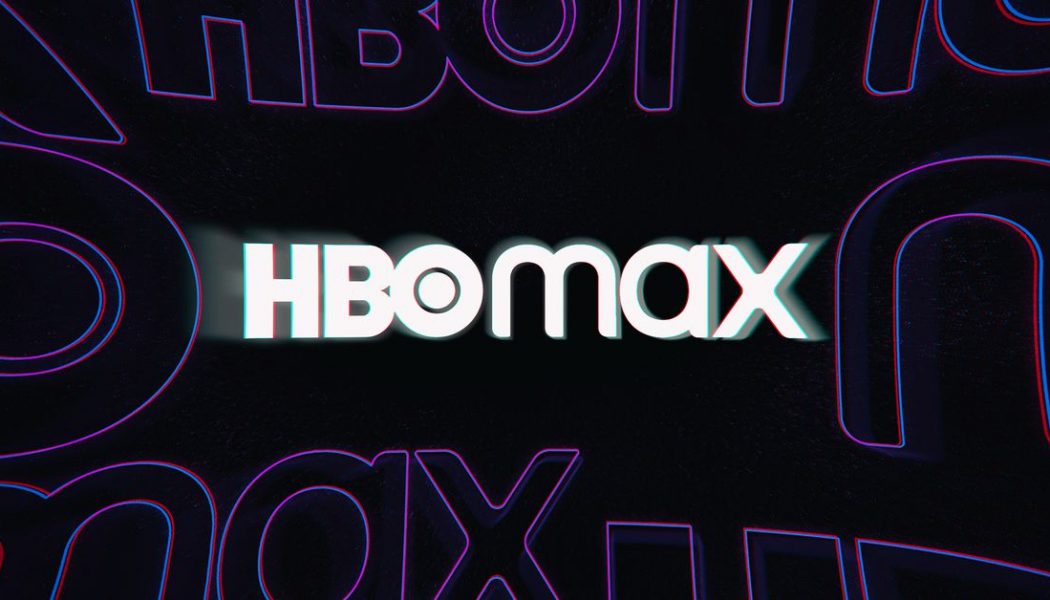
HBO Max has arrived, bringing with it a precious few new original shows and an absolutely stuffed back catalog of terrific TV and movies. In addition to HBO’s extremely good library, Max adds a mountain of content produced and / or licensed by parent company WarnerMedia, like Friends and the Harry Potter franchise. It’s enough to please someone of every taste, but the more you dig, the more you find strange holes in the library — and the more you realize it’s not really clear what HBO Max is supposed to offer.
These problems are clearest in the big, non-HBO umbrellas you find titles gathered under on HBO Max. DC, for example, is the place you’d expect to find, well, the movies in the DC Extended Universe. They’re mostly there! Except Birds of Prey, presumably because it’s too recent to join a streaming roster, and Man of Steel, the movie that kicked off the whole enterprise.
Man of Steel is the sort of small absence that will then clue you into a larger one: there isn’t a single Superman adaptation to be found. No Christopher Reeve films, no Superman Returns, no animated movie or show, no Smallville or Lois & Clark. Granted, DC shows and movies present a unique problem for HBO Max because DC Universe, a streaming platform exclusively for comic book-inspired content, exists under the WarnerMedia umbrella. But this further muddies the waters and doesn’t really make clear what you should expect from HBO Max.
This gets even more baffling in other, smaller instances. Peter Jackson’s Middle-Earth epics are all present… except the middle Hobbit film, The Desolation of Smaug. The entire Studio Ghibli library is finally in one place — but not Grave of the Fireflies. HBO Max’s spread of classic films is an admirable array of highlights, with musicals like Million Dollar Mermaid and screwball comedies like Bringing Up Baby, but outside of the broadest terms (like “The Legendary Charlie Chaplin” or “The Wild West”) there’s nothing that feels truly comprehensive.
It’s very likely that many of these gaps aren’t due to anything particularly nefarious. Some of them are more openly understandable than others — it’s hard to imagine that every Merrie Melodies short from the 1930s has a digital transfer ready to go, you know? There’s also the vagaries of streaming agreements, where WarnerMedia’s intellectual property isn’t necessarily available for its own platform until existing contracts expire. But collectively, failures of communication, curation, and plain-old neglect combine to form a new status quo in the streaming world. It’s not unique to HBO Max, but it makes it harder to understand what HBO Max is or what it’s supposed to be.
As a service, HBO Max offers you a lot but promises little. In its marketing, it tells you what you can expect (Batman Begins was in its promotional ads), but not when to expect it (none of Nolan’s Batman films are on the service). It’s nice to have selections from Cartoon Network and TCM right next to each other. But those collections are only samples because a streaming service must also have a revolving door: new titles coming, old ones going. The new normal in streaming entertainment is a litany of services with reasons for you to subscribe now, not whenever. Because you can’t really know what you’re getting or what you’re losing more than thirty days out — and you definitely can’t expect to have anything stick around.










